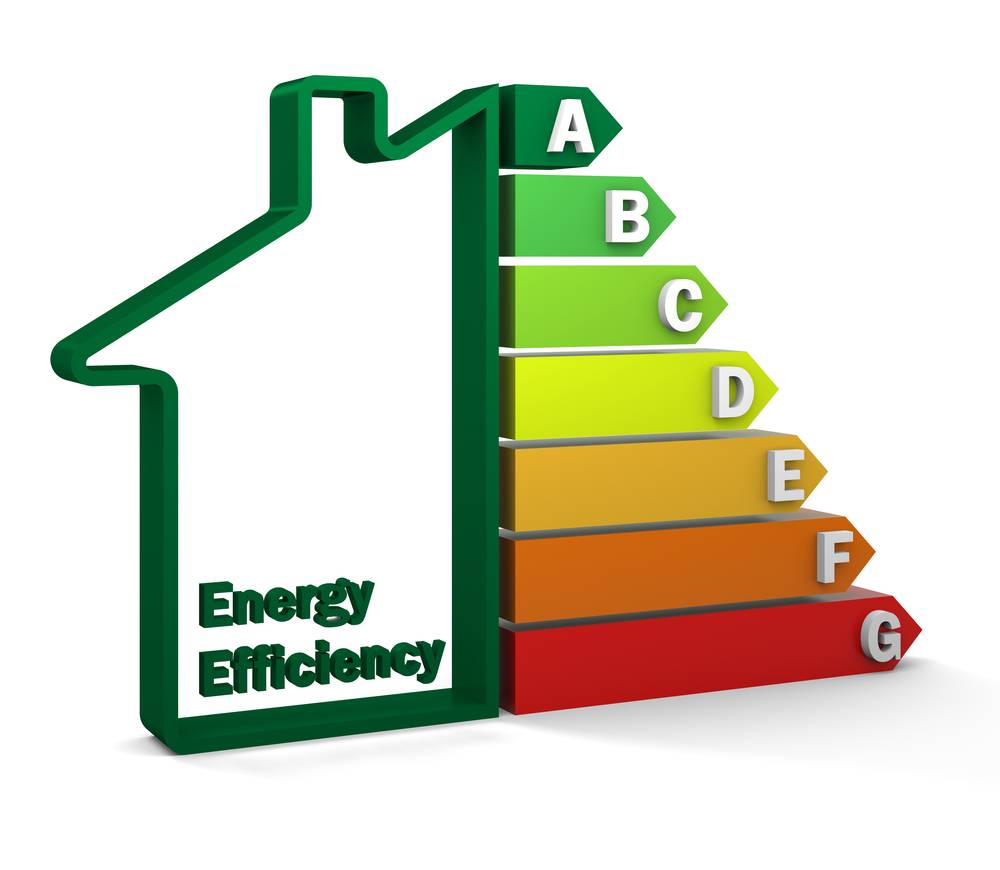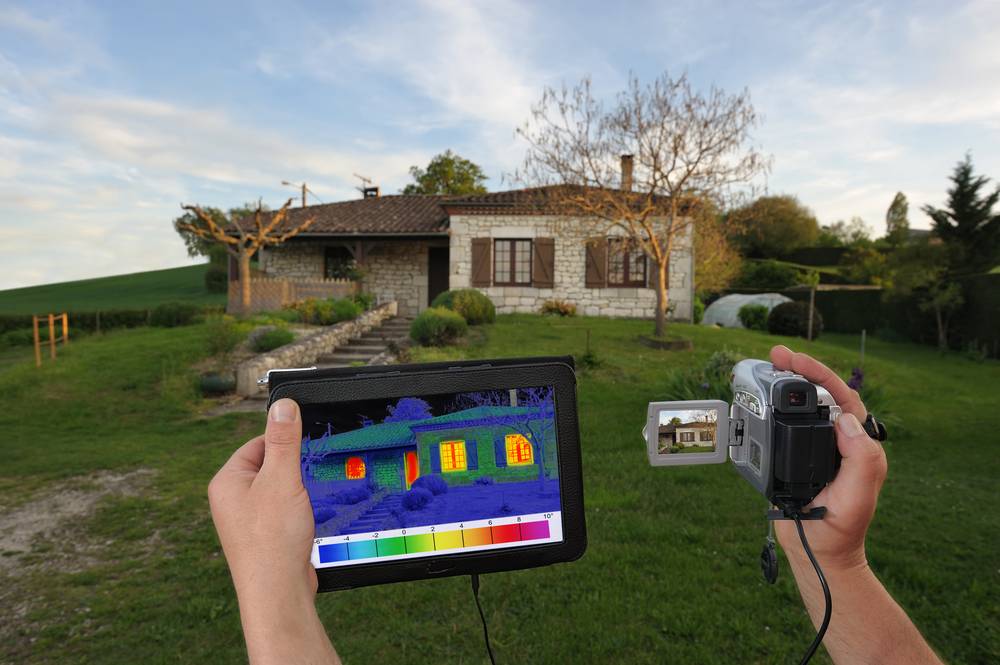
As summer temperatures soar, the comfort provided by air conditioning becomes essential. However, the cost of keeping cool can be a concern for many homeowners. High energy bills during the summer months are often attributed to the increased use of air conditioning. Fortunately, there are effective ways to reduce these costs without sacrificing comfort. This guide will explore various strategies to help you manage and reduce your AC energy bills.
Key Points Covered
- Understanding factors contributing to high AC energy bills
- Tips for improving AC efficiency
- Benefits of regular AC maintenance
- Special offers and service plans for AC efficiency
- How to schedule AC maintenance or service
Glossary of Terms
- BTU (British Thermal Unit): A measure of heat energy; higher BTUs mean more cooling power.
- SEER (Seasonal Energy Efficiency Ratio): A rating that measures the efficiency of an air conditioner; higher SEER ratings indicate greater efficiency.
- Thermostat: A device that regulates the temperature of a system to maintain a setpoint temperature.
- HVAC (Heating, Ventilation, and Air Conditioning): A system or technology that provides heating, cooling, and air quality control.
- Refrigerant: A substance used in cooling mechanisms like air conditioners to absorb and release heat.
The True Cost of Cooling: How Energy Bills Stack Up
Air conditioning can significantly impact your energy bills, especially during peak summer months. To understand how different cooling methods affect costs, let’s examine some data comparing various options and their efficiencies:
| Cooling Method | Average Monthly Cost | Average SEER Rating | Pros | Cons |
| Central Air | $120 | 14-16 | Efficient cooling, whole-house coverage | Higher installation costs, requires ductwork |
| Window Unit | $50 | 9-12 | Low initial cost, easy installation | Limited coverage, lower efficiency |
| Portable AC | $60 | 8-10 | Flexible location, no installation needed | Less efficient, limited coverage |
| Ductless Mini-Split | $100 | 18-22 | High efficiency, no ductwork needed | Higher initial cost, requires professional installation |
Note: Costs vary based on unit efficiency, usage, and local energy rates.
Understanding the Factors Contributing to High AC Energy Bills
Several factors can contribute to high energy bills during the summer months:
- Inefficient Equipment: Older or improperly maintained air conditioners may operate less efficiently, consuming more energy.
- Poor Insulation: Inadequate insulation allows cool air to escape and hot air to enter, forcing your AC to work harder.
- Incorrect Thermostat Settings: Setting your thermostat too low can result in unnecessary energy consumption.
- Blocked Vents and Ducts: Blocked or dirty vents and ducts can restrict airflow, reducing the efficiency of your AC system.
- Frequent Use During Peak Hours: Running your AC during peak energy demand times can increase costs due to higher rates.

Tips for Lowering Your AC Energy Bills
Reducing your energy bills doesn’t mean you have to sacrifice comfort. Here are some effective tips to help you save:
- Upgrade Your Thermostat: Installing a programmable or smart thermostat allows you to set cooling schedules that match your lifestyle, automatically adjusting temperatures when you’re away or asleep. This can lead to significant energy savings.
- Regular Maintenance: Ensuring your AC unit is in top shape is crucial for efficiency. Regular maintenance, such as cleaning filters and coils, can improve performance and reduce energy consumption. A well-maintained unit will run more efficiently and use less energy. Check our Comfort Maintenance Plan for hassle-free maintenance.
- Seal and Insulate Your Home: Proper sealing and insulation can prevent cool air from escaping and warm air from entering your home, reducing the workload on your AC. Consider weatherstripping doors and windows and insulating your attic and walls to improve energy efficiency.
- Use Ceiling Fans: Ceiling fans can help circulate cool air throughout your home, allowing you to set your thermostat higher without sacrificing comfort. By creating a wind-chill effect, fans can make the room feel cooler.
- Optimize AC Usage: Use your AC wisely by closing blinds or curtains during the hottest parts of the day to block out heat. Additionally, consider using natural ventilation during cooler evenings to reduce reliance on air conditioning.
- Take Advantage of Special Offers: Look for discounts and promotions on AC services and upgrades to save money. Spencer Air Conditioning & Heating offers a variety of specials to help you improve your home’s cooling efficiency without breaking the bank. See our current specials here.
- Consider Energy-Efficient Upgrades: If your AC unit is more than ten years old, it might be time to consider upgrading to a newer, more energy-efficient model. Modern units with higher SEER ratings can significantly reduce energy consumption and costs.

Fun Facts About Air Conditioning
- Inventor’s Intent: The first air conditioner was invented in 1902 by Willis Carrier, not for comfort but to control humidity in a printing plant to improve the manufacturing process.
- Movie Theaters’ Cool Appeal: In the early 1900s, movie theaters were among the first public places to use air conditioning, making them popular destinations during hot summers and giving rise to the term “summer blockbuster.”
- Energy Consumption: Air conditioning accounts for about 12% of home energy expenditures in the United States, highlighting the importance of energy-efficient practices.
- Comfort Temperature: The optimal temperature for human comfort is between 72°F and 78°F (22°C and 26°C), a range that balances comfort and energy efficiency.
- AC Popularity: Approximately 87% of U.S. homes are equipped with some form of air conditioning, illustrating its importance in maintaining comfort during hot weather.
FAQ: Your AC Efficiency Questions Answered
- How often should I change my AC filter?
- It’s recommended to change your AC filter every 1-3 months, depending on usage and air quality. A clean filter ensures efficient airflow and reduces strain on your AC unit.
- What is the ideal temperature setting for my AC?
- Setting your thermostat to 78°F when you’re home and higher when away can help save on energy bills. Each degree higher can save about 3% on cooling costs.
- Can closing vents in unused rooms save energy?
- Closing vents can disrupt airflow and increase pressure in ducts, potentially leading to inefficiency and increased wear on your system. Instead, consider balancing airflow throughout your home.
- How do I know if my AC unit is the right size for my home?
- An HVAC professional can perform a load calculation to determine the appropriate size for your home. Proper sizing ensures optimal efficiency and comfort.
- Does using a ceiling fan with AC help save energy?
- Yes, using fans can allow you to raise your thermostat setting by about 4°F without reducing comfort, as fans enhance the cooling effect.
- What are the signs my AC needs maintenance?
- Common signs include weak airflow, strange noises, unusual odors, or a rise in energy bills. Regular maintenance can prevent these issues and prolong the life of your AC unit.
- How can I schedule AC maintenance or service?
- Scheduling regular maintenance is easy and beneficial. Schedule a service appointment with us for professional AC care.
- Can shading your AC unit help with efficiency?
- Yes, shading your AC unit can help it operate more efficiently by reducing the workload on the condenser, especially during the hottest parts of the day.
- Is it more efficient to leave the AC on all day or turn it off when not at home?
- Turning off or setting your AC to a higher temperature when not home is generally more efficient. Programmable thermostats can automate this process.
- How can landscaping help with cooling costs?
- Strategic landscaping, such as planting trees or shrubs, can provide shade and reduce cooling costs by naturally cooling the surrounding environment.

Keeping Cool Without Breaking the Bank
At Spencer Air Conditioning & Heating, we understand the importance of maintaining a comfortable home environment without the burden of high energy costs. By implementing these energy-saving strategies and utilizing our expert services, you can enjoy a cool, comfortable home while keeping your energy bills in check. Our experienced technicians are ready to assist with maintenance, upgrades, and any HVAC needs you may have. Contact us today to learn more about how we can help you achieve energy-efficient cooling solutions!




